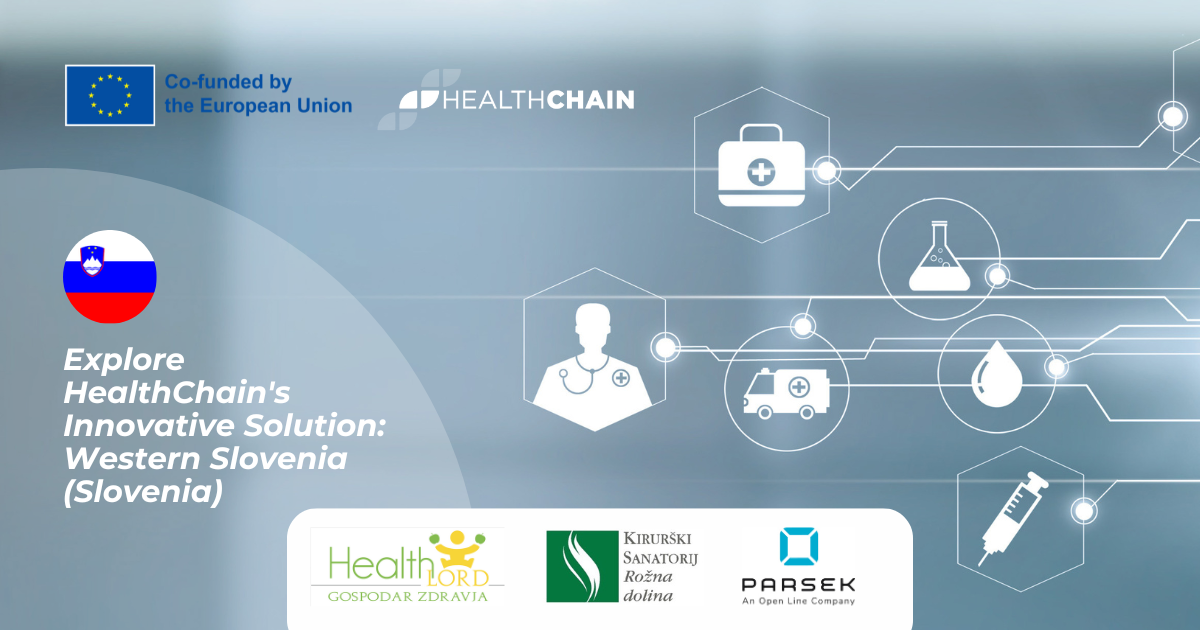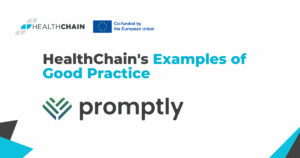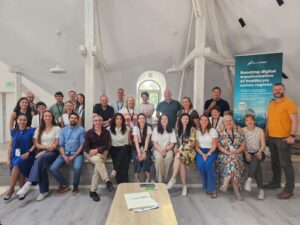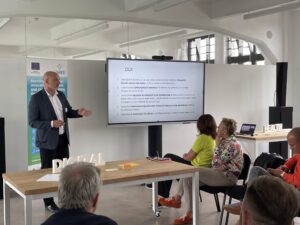Western Slovenia focuses on the challenge of reducing the length of hospital stays for hip replacement surgery in older individuals.
Partners are addressing the challenge of the Sanatorium Rožna Dolina (KSRD) to reduce hospital stays from 7 to 2 days. The aging population and increasing health issues pose a unique challenge to all healthcare organizations. The number of patients requiring hip replacement surgery, along with concurrent chronic conditions, is also increasing in line with the general trend. Long hospital stays after such procedures are no longer sustainable in terms of time and finances, necessitating the search for more effective solutions. Rehabilitation outside the hospital environment has proven faster and more effective from the patient’s perspective, leading the partnership to seek new approaches using innovative information and communication technologies.
The added value and requirements of IT solutions for the challenges addressed by the partnership are maintaining patient safety and treatment effectiveness in the home environment. This requires innovative approaches that ensure service reliability and reduce patients’ psychosocial burdens. Seamless care with integrated, coordinated, and tailored interventions is essential for treatment quality and patient life after surgery, aiming to improve the overall patient experience, shorten hospital stays, and involve patients in all stages of treatment.
The technological solution for the Slovenian challenge is being co-created by the IT company Health Lord, supported by Parsek’s (an IT company) technical and business expertise. The company Health Lord is a leading provider of innovative mobile health solutions in Slovenia. Parsek’s user-friendly solutions simplify collaboration across healthcare networks and systems to deliver valuable results for patients, clinical teams, and institutions.
The partnership between the hospital and HealthLord aims to achieve a transparent, manageable, and improved hospital environment and processes within the hospital. Solutions address patients, healthcare service providers, and the entire healthcare ecosystem, enabling patients who have had hip replacement surgery to undergo rehabilitation at home after just 2 to 3 days of hospitalization. IT solutions provide constant and up-to-date contact and connection with the patient, empowering them throughout the process, first in preparing for surgery and then in carrying out rehabilitation at home. Applications provide comprehensive, credible, and secure information and documents on health and treatment in one place. All medical documents will be safe and up-to-date, with the patient being their guardian. Consequently, they prevent possible psycho-social problems before, during, and after surgery and rehabilitation.
The solutions potentially reduce treatment costs for hospitals and ensure better responsiveness from patients. Better or comparable treatment outcomes positively impact the hospital’s reputation, while reduced hospitalization times and rehospitalization possibilities increase staff productivity and open up capacities for other patients. Solutions bring, in addition to cost reduction, shorter waiting times, and increased accessibility of healthcare services to the entire healthcare system.
“The use of solutions will reduce the number of doctor visits, facilitate patient recovery after surgery, and for healthcare personnel, it will mean reducing or better managing risks.”
IT solutions developed by the Western Slovenia region address all the challenges described above.
The MHC and PMC applications will provide better patient traceability, resulting in higher quality and faster treatment. They will also provide a comprehensive overview of the patient’s therapy – including treatment of associated diseases. The applications will allow the issuance of remote professional instructions for continuing therapy after discharge from the hospital into home care. Patient awareness and continuous connection with professionals will be enhanced by the applications, with the option of caregiver assistance or IT expert advice from HealthLord.
Parsek’s role in the development of the solution is to propose quality and regulatory requirements, as well as to support the commercialization and internationalization of the solution.
The development and testing of IT solutions are progressing in multiple stages. Davorin Gec from HealthLord summarizes that they conducted training for KSRD employees in December. The implementation timeline foresees further technical and substantive improvements in line with expected results and hospital requirements in March. Pilot solution implementation begins in April, followed by adaptation for internationalization. Preliminary results are expected by the end of May or early June.
Disclaimer: The HealthChain project is funded by the European Union. Views and opinions expressed are however those of the author(s) only and do not necessarily reflect those of the European Union or European Innovation Council and SMEs Executive Agency (EISMEA). Neither the European Union nor the granting authority can be held responsible for them.








